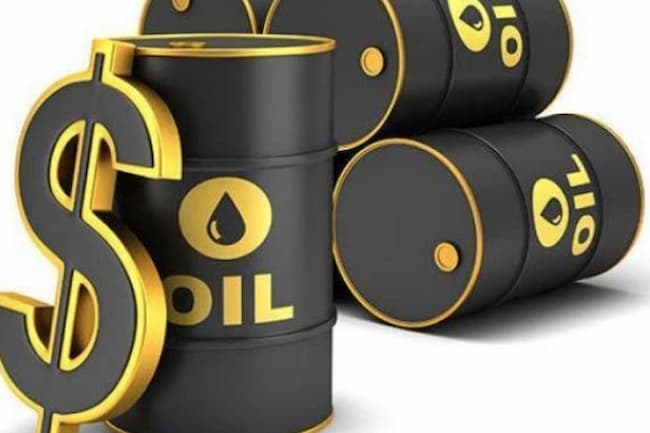Oil prices stabilized on Monday, with renewed geopolitical tensions in Russia and the Middle East becoming a focal point following a series of weekend attacks.
Brent crude futures hovered near $84 a barrel, while West Texas Intermediate (WTI) remained above $80.
The stabilization in oil prices followed intensified drone attacks by Ukraine on Russian refineries over the weekend, targeting key infrastructure on Sunday.
Adding to the tensions, a China-bound oil tanker was hit by a missile launched by Houthi rebels in the Red Sea on Saturday, escalating regional conflicts, according to Bloomberg.
In another significant development, Iranian President Ebrahim Raisi and Foreign Minister Hossein Amir-Abdollahian were reported killed in a helicopter crash on Sunday by the semi-official Mehr news agency. Supreme Leader Ayatollah Ali Khamenei assured the public that the country’s affairs would continue uninterrupted despite the loss of its top leaders.
Global benchmark Brent crude is approximately 9% higher this year, primarily due to supply cuts implemented by the Organization of Petroleum Exporting Countries (OPEC)+ coalition. However, prices have softened since mid-April as earlier geopolitical tensions eased.
The upcoming OPEC+ meeting on June 1 is a focal point for market participants, with expectations leaning towards the continuation of existing production curbs.
Hedge funds and money managers have shown increased bearishness, reducing their net long positions on Brent crude for the second consecutive week, reflecting cautious market sentiment. This positions them at their least bullish stance since January.
Additionally, there has been a noticeable pullback in bets on rising gasoline prices ahead of the U.S. summer driving season, indicating a tempered outlook for demand.
Market observers are keenly awaiting the OPEC+ meeting for signals on future production policies. Despite the current bearish sentiment among hedge funds, the sustained supply cuts by OPEC+ members are expected to provide a floor for oil prices, preventing significant declines.
As geopolitical tensions persist, the oil market remains sensitive to further disruptions, necessitating vigilance among traders and analysts. Developments in Russia, the Middle East, and Iran will be crucial in determining the trajectory of oil prices in the coming weeks.
Nigeria’s oil production fell to 1.32 million barrels per day (bpd) in February 2024 and further to 1.23 million bpd in March. The country’s 2024 production target was reduced to 1.38 million bpd from the previous year’s 1.74 million bpd due to persistent challenges such as oil theft and lower production levels.













